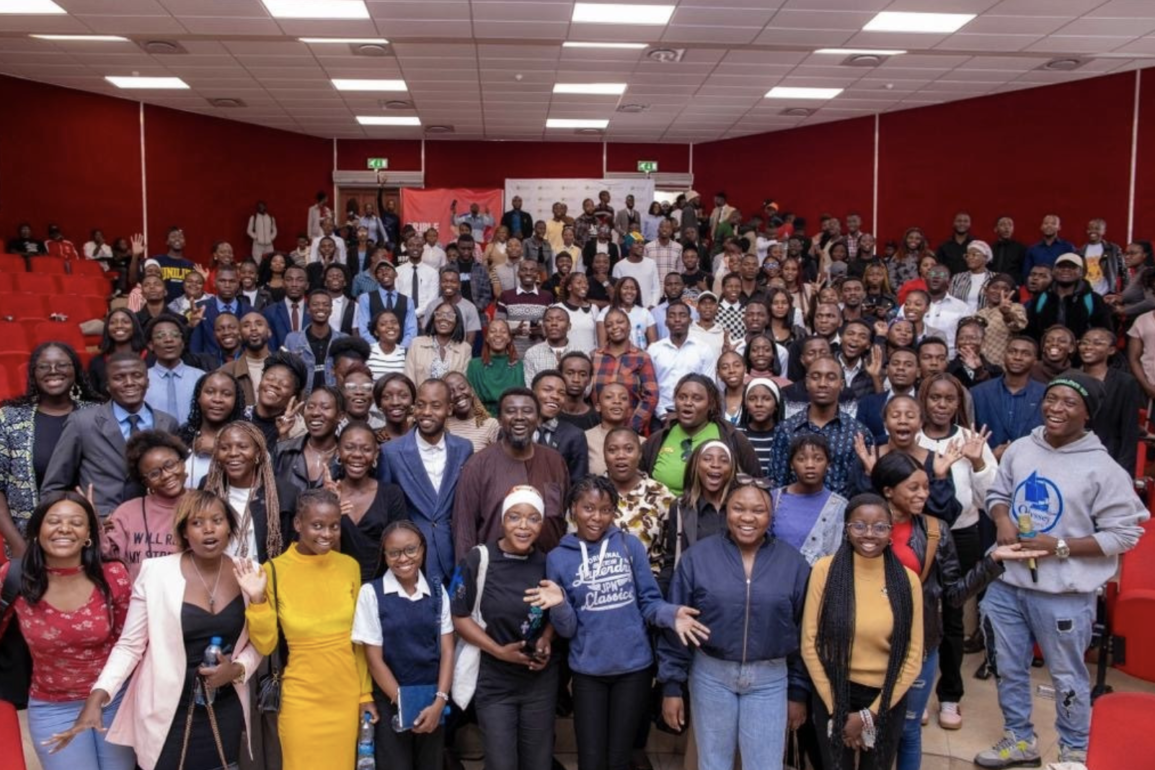More than 200 university students in Lusaka have joined a new, game-based learning initiative designed to teach digital rights and inclusion — part of a growing effort across Africa to close the continent’s widening digital divide.
The Digital Rights and Inclusion Board Learning Experience (DRIBLE), a custom-made board game developed by the pan-African nonprofit Paradigm Initiative (PIN) with support from the Open Society Foundations (OSF), introduces young people to complex issues of online safety, data protection, and equitable access through play.
The game transforms traditional lessons into an immersive experience that blends gamification, storytelling, and training sessions. It helps students grasp not only how to stay safe online, but also how to advocate for a more inclusive digital future.
At the launch event, ‘Gbenga Sesan, Paradigm Initiative’s Executive Director, delivered a public lecture titled The Digital Divide and the Fight for Digital Rights in Africa, highlighting how the game connects African youth with digital opportunities while ensuring they understand how to protect their rights online. The event also featured a screening of PIN’s award-winning short film, Whispers in the Wires, which explores digital rights challenges faced by young Africans.
DRIBLE has already been piloted in three other universities — the University of Lagos in Nigeria, the Catholic University of Eastern Africa in Nairobi, and the Dakar American University of Science and Technology in Senegal. The University of Zambia in Lusaka is now the fourth campus to adopt the program.
The initiative builds on nearly two decades of work by Paradigm Initiative, which began in 2007 inside a small cybercafé in Ajegunle, a low-income neighborhood of Lagos. Since then, the organization has expanded to six countries — Cameroon, Kenya, Nigeria, Senegal, Zambia, and Zimbabwe — and has reached more than 150,000 young Africans through digital rights and inclusion programs.
PIN’s digital empowerment toolkit also includes Ripoti, a reporting platform for digital rights violations, and Ayeta, a digital safety resource hub designed for journalists, activists, and human rights defenders.
The nonprofit’s long-term goal is to reach 20 million people across Africa with its digital inclusion and rights initiatives. For many students in Lusaka, the DRIBLE game marks their first step into that conversation — one roll of the dice at a time.




